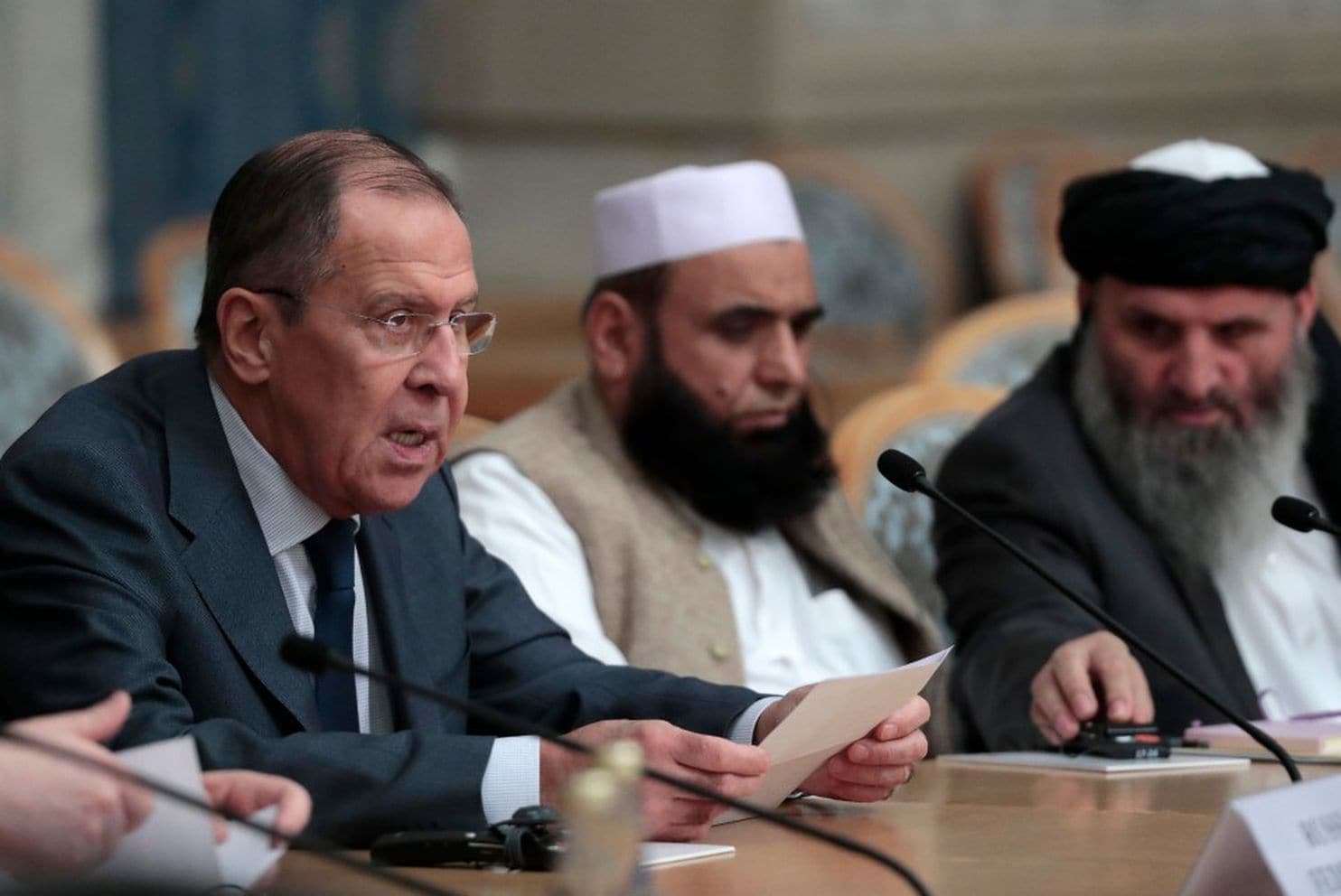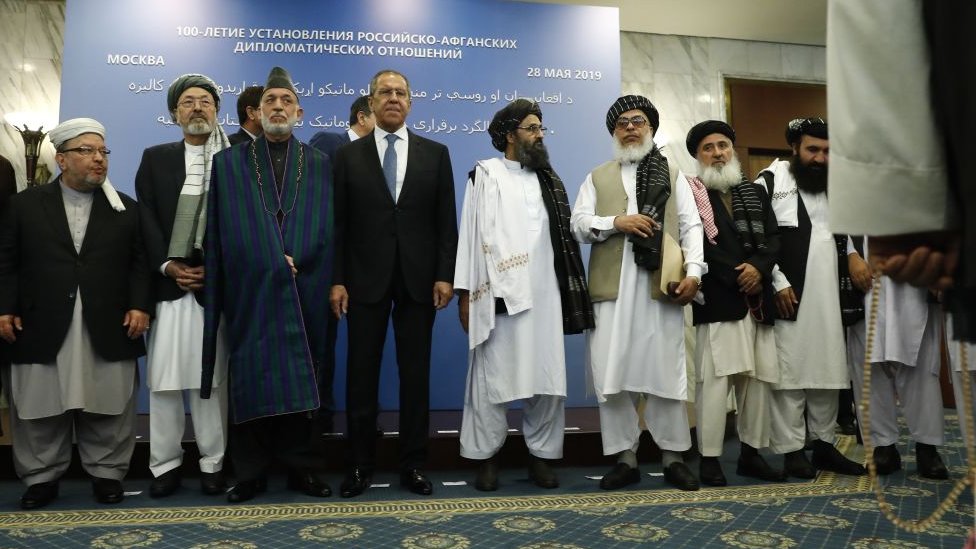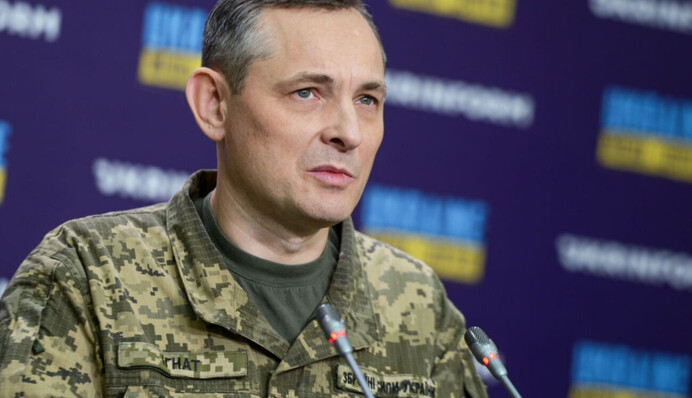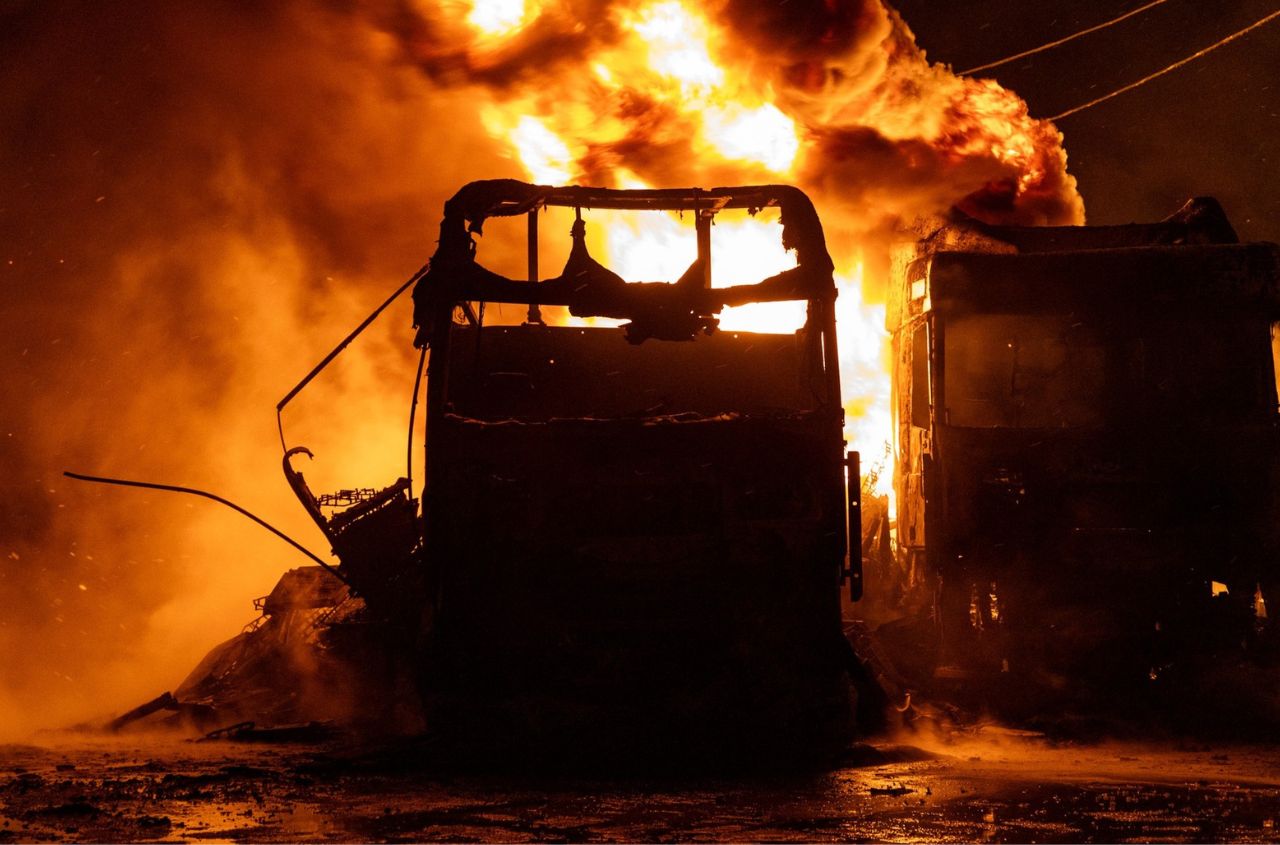Russia is accelerating the process of legitimizing the Taliban, creating a challenge for the United States and Europe, according to experts from the Robert Lansing Institute.
In March 2025, the Russian Prosecutor General's Office filed a petition with the Supreme Court to remove the movement from the list of terrorist organizations, with a hearing scheduled for April 17. This move continues Moscow's course of strengthening ties with the Taliban, whom Russian authorities now consider "reliable allies" in the fight against terrorism. In December 2024, the State Duma approved in the first reading a bill aimed at lifting the ban on the group, which marks an important step toward its official recognition.
Moscow explains its engagement with the Taliban as a desire to strengthen security in Central Asia and counter the ISIS-Khorasan group. Russian intelligence views the latter as a threat due to its ability to recruit people from the region and carry out attacks, including on Moscow. Cooperation between Russia and the Taliban may involve the exchange of intelligence, excluding the U.S. from counterterrorism operations in Afghanistan and allowing Moscow to dictate security policy in the country.


Russia's support for the Taliban undermines international efforts to isolate the group, potentially providing it with economic and military resources. This threatens the interests of the U.S. and the EU, which are working to curb extremism and limit Moscow's influence, as noted by RLI. The Kremlin, for its part, views cooperation with the Taliban as part of a broader strategy to counter the West, seeking to strengthen its bloc with China, Iran, and Pakistan.
The economic consequences of this policy are also significant. Russia may use Afghanistan under Taliban control to bypass Western sanctions, as well as to expand its influence over regional trade routes and energy projects. Afghanistan is seen as a potential transit route for Russian companies like Rosneft and Rosatom.
The U.S. is considering several options in response to Moscow's rapprochement with the Taliban, including increasing sanctions pressure, expanding intelligence operations, and supporting Afghan opposition groups. Washington may also intensify cooperation with India and Central Asian countries to counter Russia's influence in the region. However, these measures require a comprehensive approach, as Russia's legitimization of the Taliban has already begun to shift the balance of power in South and Central Asia, undermining Western positions.


















